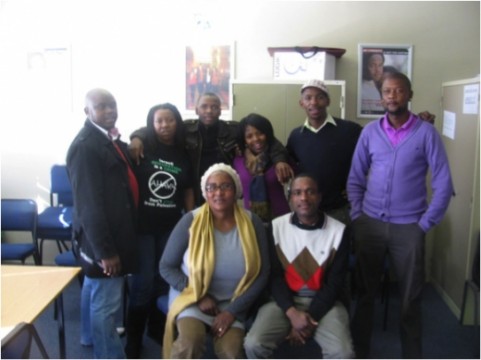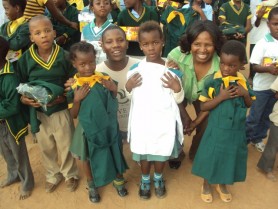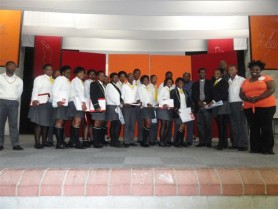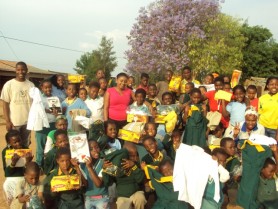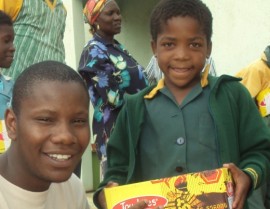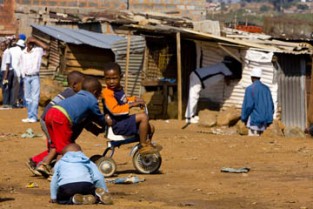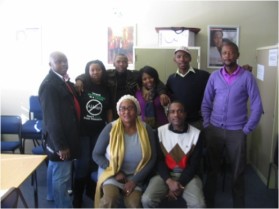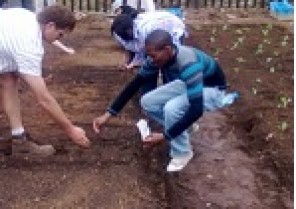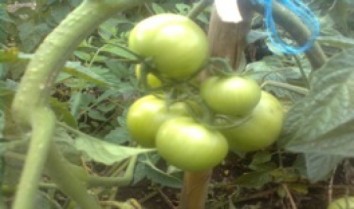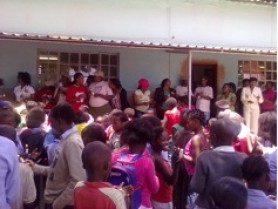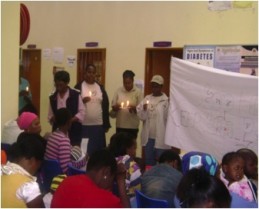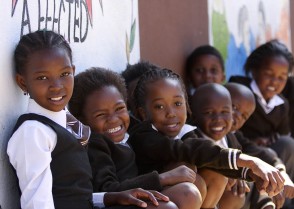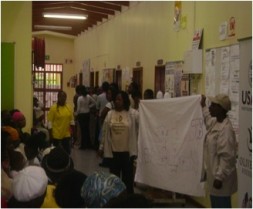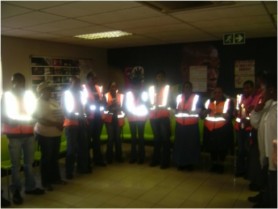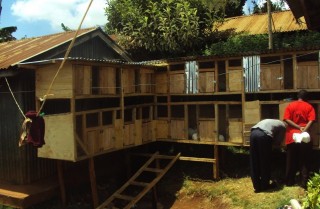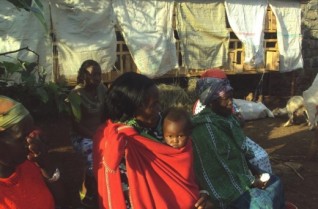Olive Leaf Fountation
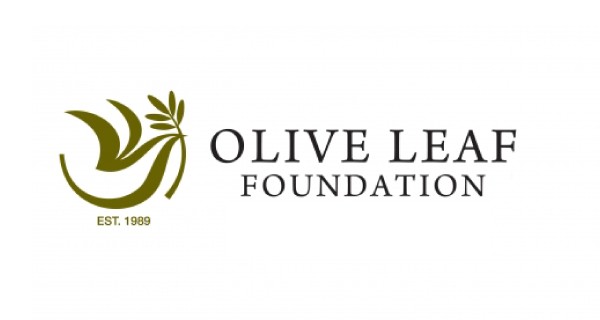
| Monday | 12:00 am - 12:00 am |
|
| Tuesday | 12:00 am - 12:00 am |
|
| Wednesday | 12:00 am - 12:00 am |
|
| Thursday | Open Now | 12:00 am - 12:00 am |
| Friday | 12:00 am - 12:00 am |
|
| Saturday | 12:00 am - 12:00 am |
|
| Sunday | 12:00 am - 12:00 am |
|
| Public Holidays | 12:00 am - 12:00 am |
|
REVIEWS
PHOTO GALLERY
ABOUT US
OLIVE LEAF Foundation is a South African based Sustainable Development organisation (SDO). Our purpose is to ‘enable sustainable community development’ across Africa.
Vision
OLIVE LEAF Foundation is a South African Sustainable Development organisation (SDO) with programmes in South Africa, Botswana, Zambia, Kenya, Nigeria and Cote D’Ivoire.
OLIVE LEAF Foundation's vision is to shape a better world for current and future generations that meets the fundamental human needs of all its people gives voice to the unheard constitutes strong, economically prosperous & self-reliant communities manages its limited ecological resources responsibly. Our purpose is to enable sustainable community development.
Values
OLIVE LEAF Foundation’s purpose is guided by its core organisational and constituent values.
ORGANISATIONAL VALUES
Ubuntu
A South African way of thinking about ‘community’ & ‘togetherness’ the meaning to be found in the Zulu proverb “umuntu ngumuntu ngabantu” - a person is a person through (other) persons.
Innovation
Continuously aspiring to enhance performance through improvements in efficiency, productivity, quality, strategic positioning and outcomes of our interventions.
Integrity
Conducting ourselves in an honest, unbiased & accountable way, committed to the purpose of the organisation and its constituent and organisational values.
Excellence
Ensuring that we conduct ourselves according to the standards of the highest quality.
Equality
Equal treatment for our staff and stakeholders irrespective of cultural, racial, gender or age differences.
Discipline
Disciplined staff, exercising disciplined thought and disciplined action in pursuit of our vision.
CONSTITUENT VALUES
OLIVE LEAF Foundation believes that its constituent values are essential for achieving its purpose of sustainable community development. The organisation therefore aims to uphold and promote the following in it approach to participating communities:
- Freedom to express, inquire into, and debate issues and ideas.
- Social justice, particularly to respect and secure human rights and to enable the poor and marginalised.
- Democracy and participation in decision-making and governance.
- Recognition of the complexity of natural and social systems within which we function.
- An ecological perspective that recognizes both the dynamism and adaptability of natural systems and the limits to resource use and waste generation.
SERVICES
Children & Youth
Constituting nearly 50% of the population of least developed countries, children are most vulnerable to poverty and abuse. They disproportionately pay the price of inadequate nutrition, reduced health and poor education, leading to fewer opportunities to move out of poverty. OLIVE LEAF Foundation’s objective is to enable and support communities and community organisations to assist children and youth to reach their full potential. We do this by:
- Mobilising and strengthening communities to meet the needs of vulnerable children and youth;
- Facilitating psycho-social and life skills support for vulnerable children and youth;
- Assisting vulnerable children and youth with targeted interventions; and
- Supporting local educational institutions to enable children and youth to reach their full potential.
Community Wellness
Poverty and health are interrelated, with the poor especially vulnerable to further impoverishment resulting from inadequate public health care and the high cost of private health care. OLIVE LEAF Foundation supports the public health system to enable people to live healthy and productive lives. This area of work was born from the work in the health sector our organisations has been doing for just over twenty years.
OLIVE LEAF Foundation develops sustainable community owned and driven wellness systems, in collaboration with local government and non-government partners. Even though our experience informs local Implementation processes, even though informed by our experience, is very contextual and depends largely on local actors to design and sustain.
Capacity Development
Capacity development is essential in the development process. OLIVE LEAF Foundation builds the capacity of individuals, organisations and communities by focussing on skills, knowledge and relationships.
Besides the formal training and mentoring we do with individuals and organisations, community capacity is enhanced through an increase in available social capital. This is done through relationship building, identification and exploration of community concerns, decision making that leads to action, reflection and review.
Livelihoods and Local Economic Development
Local economies are not creating enough wealth to adequately meet the needs of all. OLIVE LEAF Foundation builds local economies and livelihoods to improve the quality of life for all through. We do this by:
- Supporting the economic development potential of areas where we work;
- Supporting entrepreneurs and new enterprises;
- Assisting families to secure a sustainable livelihood.
Human Settlements
Human settlements in Africa are unable to cope with the effects of urbanisation within the context of the sustainability crisis. OLIVE LEAF Foundation participates in the creation of sustainable human settlements in urban & rural spaces by:
- Building social capital to create a common vision for local built environments through processes of community engagement;
- Facilitating the development of local infrastructure;
- Working with partners in Government and Civil Society to create an enabling regulatory framework to promote sustainable human settlements.
Where we work?
South Africa
The OLIVE LEAF Foundation has a long history of extending a helping hand to people struggling to make a better life in our country, facing daily multi-level challenges. It is this caring hand that stands as a hallmark of the OLIVE LEAF Foundation in the communities we work in affected and shows the world our true character.
The Republic of South Africa is a country located at the southernmost region of Africa, with a long coastline that stretches more than 2,798 kilometres and across two oceans (the Atlantic and the Indian). At 1,219,912 km², South Africa is the world's 25th-largest country, including the Prince Edward Islands in the South Atlantic. To the north of South Africa lie Namibia, Botswana, Zimbabwe, Mozambique and Swaziland, while the Kingdom of Lesotho is an independent enclave surrounded by South African territory.
South Africa is the only country with three capital cities: Cape Town, is the legislative capital; Pretoria is the administrative capital; and Bloemfontein is the judicial capital. Principal cities are Johannesburg (3,888,180), Cape Town (3,497,097), Durban (3,468,086) and Pretoria (2,345,908). The country is devided into 9 provinces, Eastern Cape, Free State, Gauteng, KwaZulu Natal, Limpopo, Mpumalanga, Northern Cape, North-West and the Western Cape. The OLIVE LEAF Foundation currently works in the Eastern Cape, Gauteng, KwaZulu Natal , Limpopo and the Western Cape.
Economy
South Africa is a middle-income, emerging market with an abundant supply of natural resources; well-developed financial, legal, communications, energy, and transport sectors; a stock exchange that is 17th largest in the world; and modern infrastructure supporting an efficient distribution of goods to major urban centres throughout the region. Growth has been robust since 2004, as South Africa has reaped the benefits of macroeconomic stability and a global commodities boom. The South African rand (ZAR) is the world's most actively-traded emerging market currency. South Africa’s GDP (PPP) as at the end of 2007 was $467, 95 billion ranking the country 20th in the world. The country suffers from large income gaps and a dual economy marking it as a developing country. South Africa has one of the highest rates of income inequality in the world, reflected in per capita GDP of US$10 600 ranking it only 76th in the world.
Advanced development is significantly localised around major cities, beyond which development is marginal and poverty is endemic. Unemployment officially was 23% in 2007, but unofficial estimates place it closer to 40%. About half the population lives below the official poverty line. Since the mid-1990s, South Africa's ranking on the United Nations Human Development Index has fallen dramatically, while it was steadily rising before then. Much of this could be attributed to the AIDS pandemic and the government's failure to take steps to address it.
Population
South Africa is a nation of more than 47 million people of diverse origins, cultures, languages, and religions. Even though South Africa's population has increased in the past decade (primarily due to immigration), the country had an annual population growth rate of ?0.501% in 2008 (CIA est.).
South Africa is ethnically diverse, with the largest Caucasian, Indian, and racially mixed communities in Africa. Although 79.6% of South Africa's population is Black, this category is neither culturally nor linguistically homogenous. Major ethnic groups include the Zulu, Xhosa, Basotho, Tswana, Tsonga, Swazi and Ndebele. The white population, constituting 9.2% of the total population, is on the decrease due to a low birth rate and emigration. It is not ethnically homogenous and descends from Dutch, Portuguese, German, French, English, Irish, Scottish and Welsh immigrants.
The term "Coloured" is still largely used for the people of mixed race descended from slaves brought in from East and Central Africa, the indigenous populations, Whites as well as an admixture of Javanese, Malay, Indian, and Malagasy stock. The majority speak Afrikaans. The major part of the Asian population is Indian in origin, many of them descended from indentured workers brought in the nineteenth century to work on the sugar plantations of the eastern coastal area. There are also significant groups of Chinese and Vietnamese South Africans.
South Africa has eleven official languages: Sepedi, Sesotho, Setswana, siSwati, Tshivenda, Xitsonga, Afrikaans, English, isiNdebele, isiXhosa and isiZulu. While each language is technically equal to every other, some languages are spoken more than others. According to the 2001 National Census, the three most spoken first home languages are Zulu (23.8%), Xhosa (17.6%) and Afrikaans (13.3%). English is the most commonly spoken language in official and commercial public life, however it is only the fifth most spoken home language.
HIV and AIDS is a major health concern in South Africa. Around 5.3 million people are thought to be living with the virus in South Africa, making it the country with the largest HIV positive population. There is an average of almost 1,000 deaths of AIDS a day; the ASSA2003 model estimates that 345,640 South Africans died of AIDS in 2006.
AIDS is affecting mainly those who are sexually active, which means the demographics of the country are slowly changing. Many deaths are people who are their family's primary wage earners. This is resulting in many 'AIDS orphans' who in many cases depend on the state for care and financial support. It is estimated that there were 1,200,000 AIDS orphans in South Africa in 2005. Traditional orphan support systems are being overwhelmed by the large numbers of orphans, placing increased strain on carers, including elders.
Environment
South Africa has a generally temperate climate, due in part to it being surrounded by the Atlantic and Indian Oceans on three sides, by its location in the climatically milder southern hemisphere and due to the average elevation rising steadily towards the north (towards the equator) and further inland. Due to this varied topography and oceanic influence, a great variety of climatic zones exist.
South Africa is one of only 17 countries worldwide considered mega-diverse. It has more than 20,000 different plants, or about 10% of all the known species of plants on Earth, making it particularly rich in plant biodiversity. South Africa is the third most bio-diverse country in the world, after Brazil and Indonesia and has greater biodiversity than any country of equal or smaller size.
Climate change is expected to bring considerable warming and drying to much of this already semi-arid region, with greater frequency and intensity of extreme weather events such as heat-waves, flooding and drought. According to climate models produced by the South African National Biodiversity Institute (SANBI) (along with many of its partner institutions), parts of southern Africa will see an increase in temperature by about one degree Celsius along the coast to more than four degrees Celsius in the already hot hinterland such as the Northern Cape in late spring and summertime by 2050.
The Cape Floral Kingdom has been identified as one of the global biodiversity hotspots since it will be hit very hard by climate change. Drought, increased intensity and frequency of fire and climbing temperatures are expected to push many of these rare species towards extinction.
We are also active in:
- Botswana
- Cote d'Ilvoire
- Nigeria
- Kenya
- Zambia
Through key partnerships in OLIVE LEAF Foundation’s international, national and local networks, we are continuously striving to improve the quality and expand the range of our interventions. Partnerships are vital in the pursuit of sustainable communities.
We work in closely with government at all levels, non-governmental organisations, universities, research institutions, businesses and international agencies.
OLIVE LEAF Foundation denies any connection or association with Norange Capital Markets, its affiliates or its Directors. Any attempt made to imply or create perceptions that any such relationships exist, are false and denied by the Board of OLIVE LEAF Foundation.
Our Board of Directors totally distances itself from all Media releases, statements and opinions published by Norange Capital Markets.
For any donations, please use the following bank details:
- Account name: OLF 1989
- Account type: Current
- Account Bank name: Standard Bank SA
- Branch name: Northcliff
- Branch code: 006305
- Account no: 201713969
- Reference: Your name / Name of company
A debit form is available in our document section.
Please send completed debit order forms to our finance office at fax number 012 - 349 2965 for attention Karen Roos.
To receive a Section 18A certificate for Tax deductibility of donations , please e-mail karen.roos@olf.org.za
DOCUMENTS
MEET THE TEAM
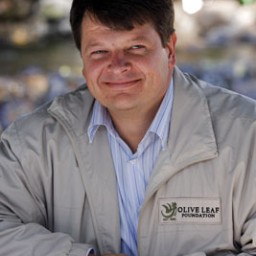
| Edward Phillips |
| Chief Executive Officer |
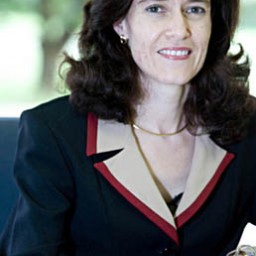
| Elanie Conradie |
| Chief Financial Officer |
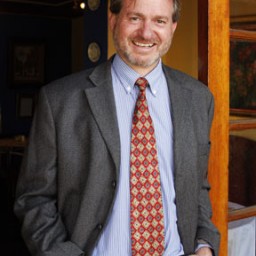
| Andre Kruger |
| President |
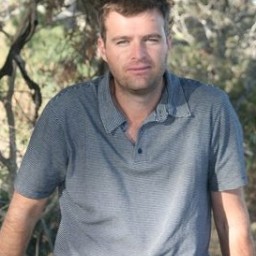
| Rolf Pretorius |
| Chairperson |

| Andile Mbeki |
| Non-Executive member |
NEWS BLOG
